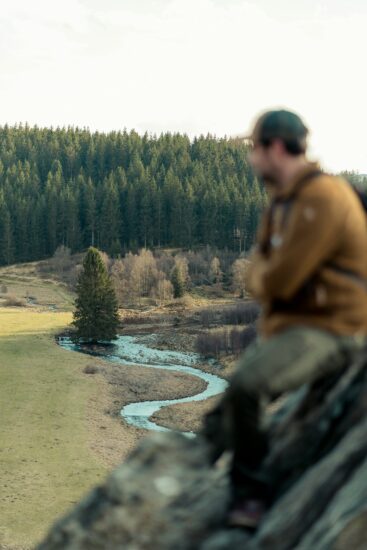
Communicating the ecological transition plan
You’d like to manage the communication of your company’s ecological transition action plan.
Accueil » Trainings » Ecological Transition training » Integrating raw materials consumption issues
Be able to act on the company’s raw materials consumption lever
At the end of this course, trainees will be able to :
Managers, CSR officers, buyers, designers, waste management managers
None
14 hours (2 days)
Presential
Intra- and inter-company
Inter / Presential : 928€ NET tax / participant
Inter / Distanciel : 530€ NET tax / participant
Intra / Presential : 4943€ NET tax / group
Intra / Distanciel: 4243€ NET tax / group
Focus on action areas: responsible sourcing, eco-design, responsible consumption, extending useful life, efficient end-of-life management
Training given by 1 Connection Leadership trainer
Pedagogical tools used :
Teaching method: learning-based teaching with alternating interactive activities using the group’s collective intelligence , content input by the trainer, and work sessions grouping participants by company (for inter-company sessions).
Technical resources:
Minimum 6 people for inter
Maximum 14 people
Specialist in Ecological Transition, seasoned organizer of the Fresque du Climat, trained in facilitation and collective intelligence management, specialist in business transformation support.
Pre-course needs questionnaire and learning assessment quiz to better understand the audience’s level and expectations.
Follow-up and support for participants during case studies, exercises, role-playing and in-session tests.
Assessment of knowledge through a Quiz at the end of the course.
Post-training satisfaction and evaluation questionnaire.
Each person leaves with a personalized action plan for their company
Certificate of completion

You’d like to manage the communication of your company’s ecological transition action plan.

You’d like to define, describe and formalize your role as ecological transition referent within your company.

Raise awareness, inform and mobilize your employees to get them on board with your company’s ecological transition project.